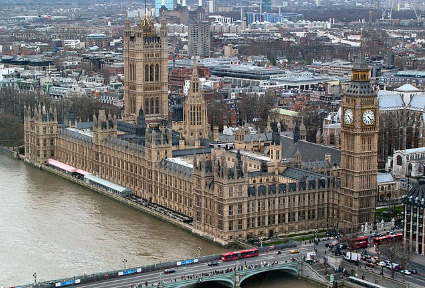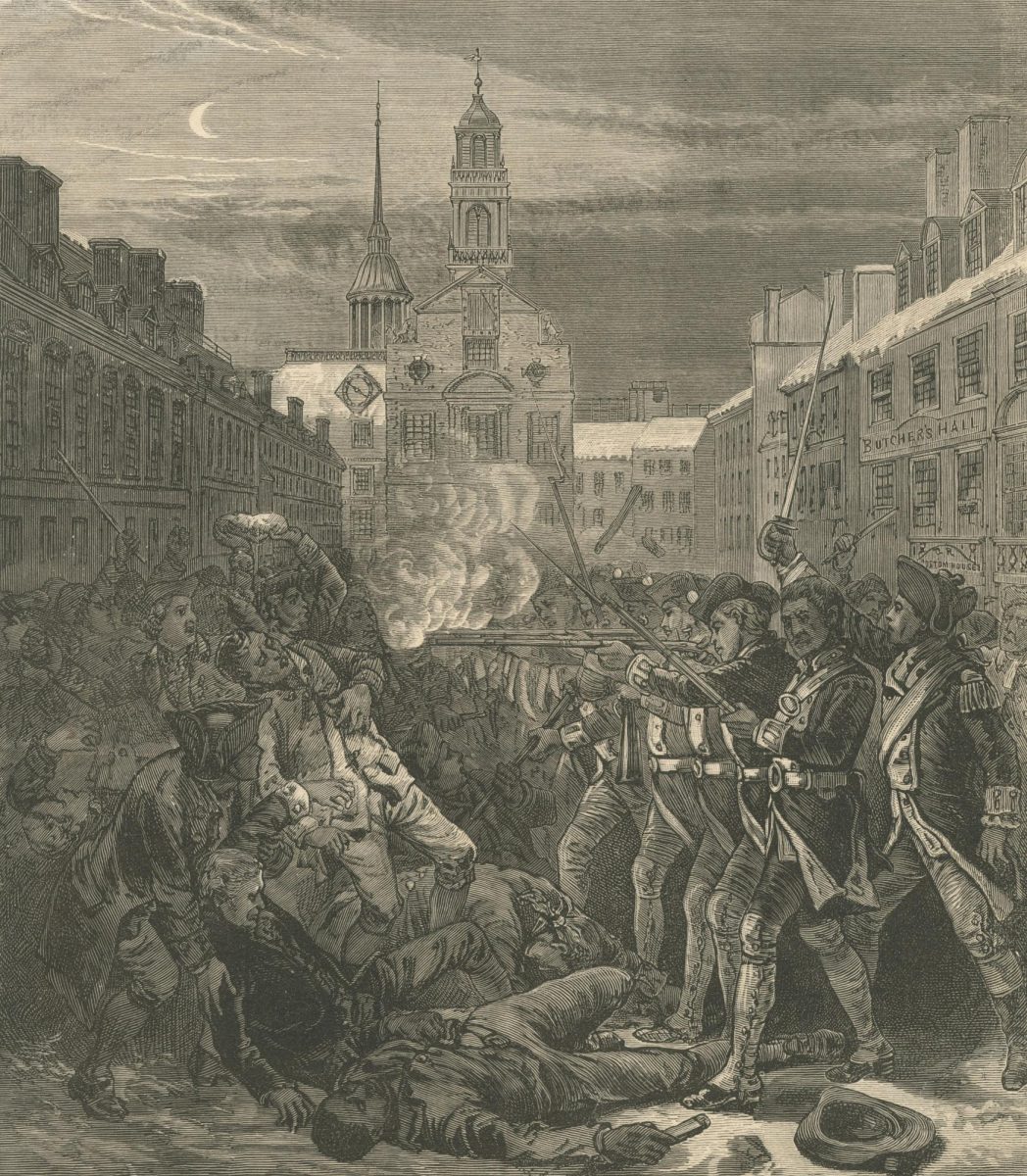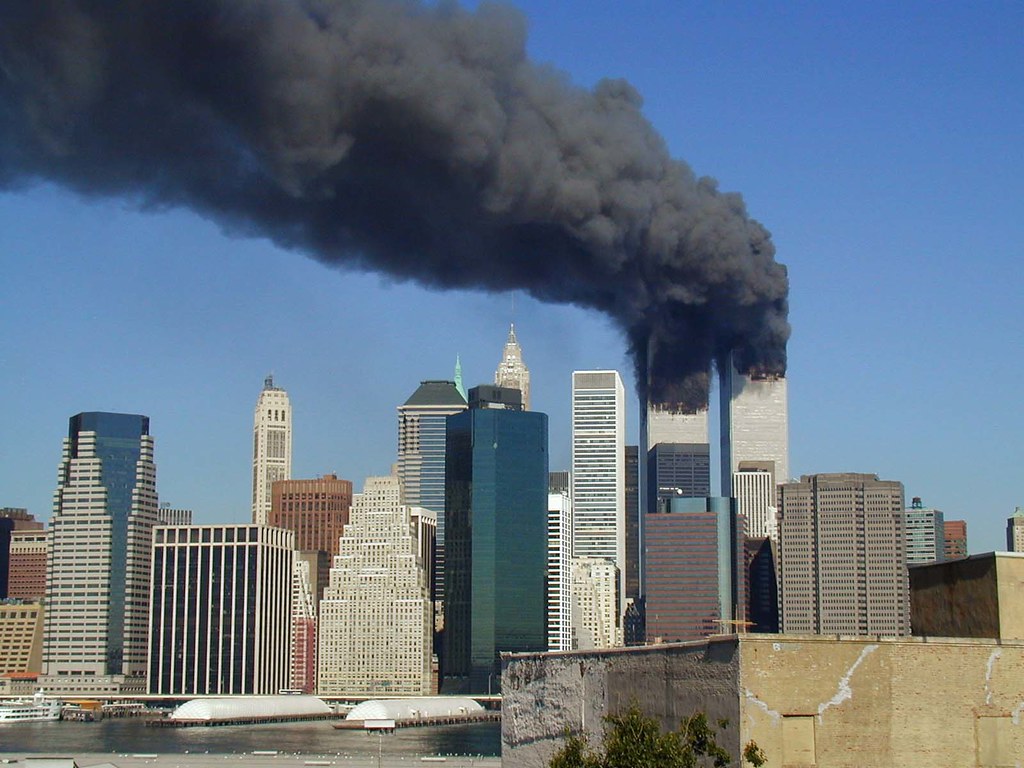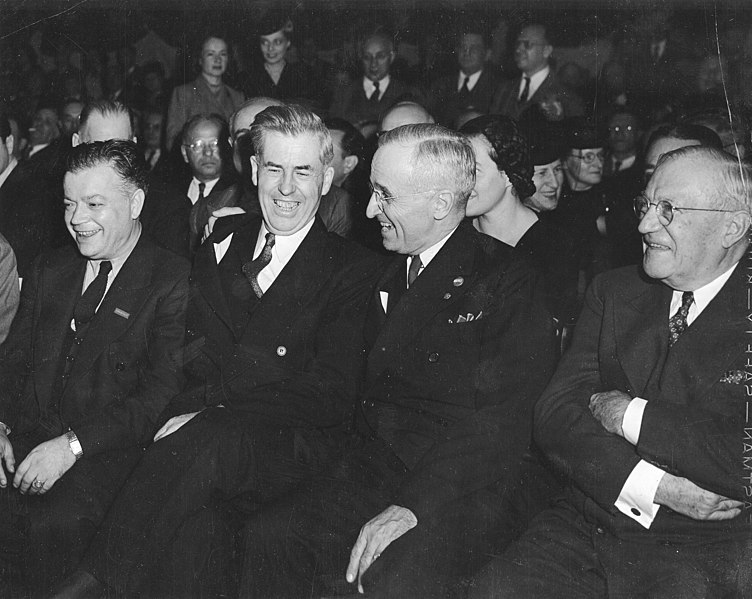On April 4, 1968, Civil rights activist Martin Luther King was assassinated in Memphis, Tennessee, by James Earl Ray, erupting in widespread rioting and looting in over 100 American cities, leading to significant property damage and injuries. Some of the cities most affected were Washington, D.C, Baltimore, Chicago, and Kansas City.
MLK’s death also led to a national mourning and a call for a national day of remembrance by president Lyndon B. Johnson. This made many businesses, schools, and public buildings close. Just a week after he died, King’s funeral was held in Atlanta at Ebenezer Baptist Church, attended by several political and civil rights leaders.
After 11 years of campaigning to establish a federal holiday in King’s honor, the Martin Luther King Jr. holiday was signed into law by President Ronald Reagan on November 2, 1983. It wasn’t until 1986 when the first celebration took place. To celebrate, events like concerts headlined by Stevie Wonder, placing wreaths on King’s tomb, and parades with civil rights leaders and his family members were held.






